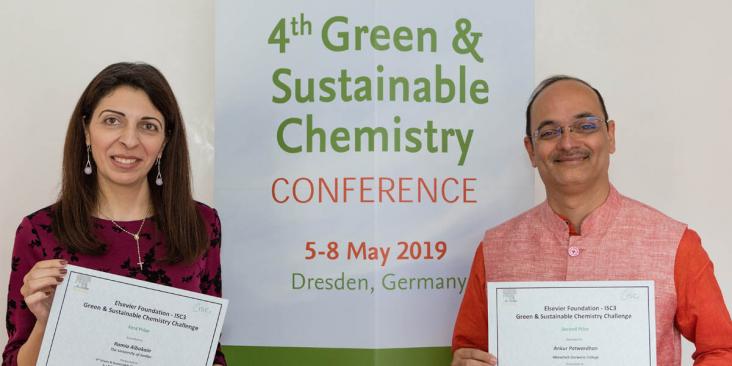
Advancing goals 13 and 16, the inaugural World Forum on Climate Justice will bring together leading civil society groups, academics, business representatives, members of the public, and policymakers to foster new thinking and explore pressing topics in climate justice advocacy, research, policy and practice as we adapt to reach the 1.5°C goal.
A growing movement of conservationists proposes to stem biodiversity losses by setting aside half of Earth's land as an interconnected global conservation reserve.
Insect populations are declining even in protected areas, but the underlying causes are unclear.
Rising demand for renewable resources has increased silage maize (Zea mays L.)production characterized by intensive soil management, high fertilizer and pesticide inputs as well as simplified crop rot
Elsevier,
Biodiversity of Pantepui, The Pristine “Lost World” of the Neotropical Guiana Highlands, 2019, Pages 403-417
This book chapter addresses goals 15, 13, and 12 by discussing conservation efforts to protect pristine and untouched land in the Pantepui area.
Partner content
United Nations Global CompactUnited Nations Global Compact, June 2019
This report explores the role of business in securing a healthy, productive and well-governed ocean, contributing to SDGs 12, 13 and 14. Private sector innovation and investment, together with strong public and private governance frameworks, could exponentially increase the amount of sustainable resources delivered from the ocean, including healthy food, secure and affordable clean energy, and more efficient and lower-carbon transport.

This article highlights the winning proposals of the fourth edition of the Elsevier Foundation Green & Sustainable Chemistry Challenge. The winning proposals were chosen for their innovative green chemistry aspects and their large positive impact on the environment, contributing to SDGs 6, 13 and 15.
The Sustainable Development Goals and the Paris Agreement, as the two biggest climate action initiatives, address the need to shift towards a fully sustainable energy system.
This viewpoint reviews key assessments from the IPCC Special Report on Global Warming of 1.5 °C and examines the implications for the Sendai Framework for Disaster Risk Reduction (SFDRR).
At the 21st session of the United Nations Framework Convention on Climate Change (UNFCCC, COP21), a voluntary action plan, the ‘4 per 1000 Initiative: Soils for Food Security and Climate’ was proposed
